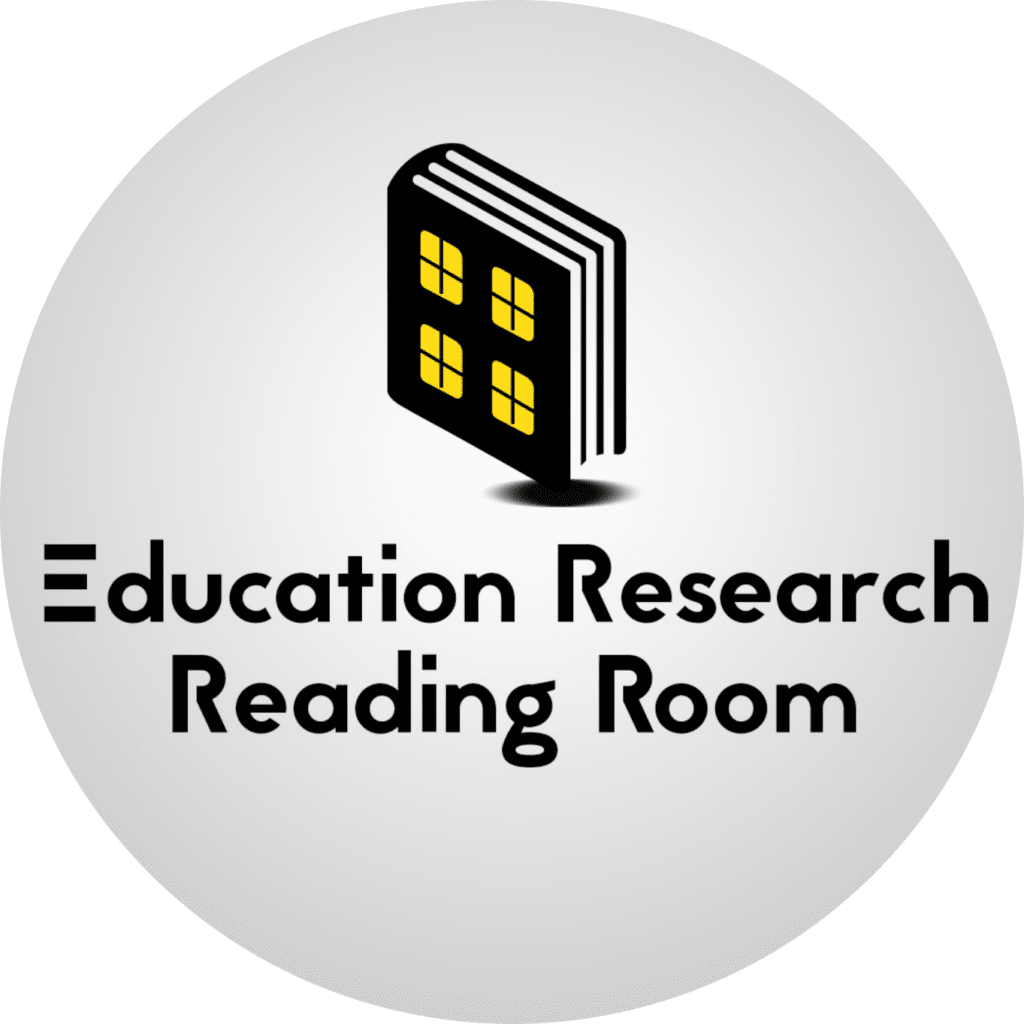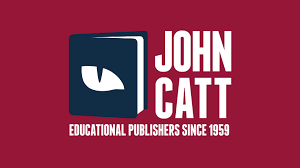Listen on Spotify, Apple Podcasts, Pocket Casts, Audible, Castbox, Podbean, iHeartRadio, or wherever else you get your podcasts!
Karen Harris is Regents Professor Emeritus and Research Professor at Arizona State University. She has been an educator for 50 years, first teaching 4th grade in a coal mining community in West Virginia and then teaching adolescents in special education. Karen is currently co leading three US instructional grants at large scale. Karen developed the Self-Regulated Strategy Development (SRSD) model of strategy instruction based on her experiences as a teacher. She and Steve Graham began working with teachers and their students to refine and validate the SRSD model of instruction as far back as the 1980s and it has only grown from strength to strength since then.
Self Regulated Strategy Development-based instruction in writing is deemed an evidence-based practice by the What Works Clearinghouse. SRSD instruction is also validated for teaching close reading for informative and persuasive writing and is now being used in content areas including mathematics, history, and science .
One of the particularly interesting findings, which we expand upon in this podcast, is that over 20 studies show that practice-based professional development can lead to classroom based teachers conducting SRSD practices well enough to generate significant increases in writing outcomes for students. It’s pretty common for interventions run by researchers to generate significant effects, but it’s much harder for researchers to train teachers to then generate significant effects, so this finding is particularly impressive.
Karen has authored 15 books and more than 250 peer-reviewed articles and chapters for teachers and researchers. She is lead author of Powerful Writing Strategies for All Students and a second book on SRSD instruction now in development.
I first heard about SRSD through one of Emina Maclean’s presentations at Sharing Best Practice Bendigo a few years ago and I’ve wanted to do a deep dive ever since. I have tried to make this a really practical episode such that any passionate teacher who wants to try out SRSD in their classroom can, with this podcast and the resources discussed herein, be well prepared to give it a go for themselves.
To get a summary of this episode, sign up at www.patreon.com/errr
The ERRR podcast can also be listened to on Spotify, apple podcasts, and all other podcasting apps.
Links/resources mentioned in the show
- Here is a paper for teachers. It provides a look at the instruction in a class room, and has student pre and post examples, and more
- This paper is the study that the above paper comes from, Answering the Challenge: SRSD Instruction for Close Reading of Text to Write to Persuade with 4th and 5th Grade Students Experiencing Writing Difficulties
- SRSD Resources generously shared by Karen
- Sharlene Kiuhara, Uni of Utah, fractions using SRSD
- Robin Ennis, University of Alabama at Birmingham. Fractions: Helping Students at Risk for Disabilities Add/Subtract Fractions With Unlike Denominators. This is the research article. But, see her website on SRSD Math at https://www.teachsrsdmath.com/
- Book: David Kirkland, A search past silence, the literacy of young black men
- Book: Cynthia Lamy, American children in chronic poverty
- Book: Historic mysteries, series about Sebastian St. Cyr, mystery novels!
- Ollie’s Books, Cognitive Load Theory in Action and Tools for Teachers
- To get a summary of this episode, sign up at www.patreon.com/errr

This episode of the ERRR Podcast is brought to you by John Catt Educational

This episode of the ERRR podcast is brought to you by Catalyst. Catalyst transforms students’ lives through learning by developing excellent teachers and Leaders through evidence-based professional learning programs. Find out more at https://catalyst.cg.catholic.edu.au/

Listen to all past episodes of the ERRR podcast here.